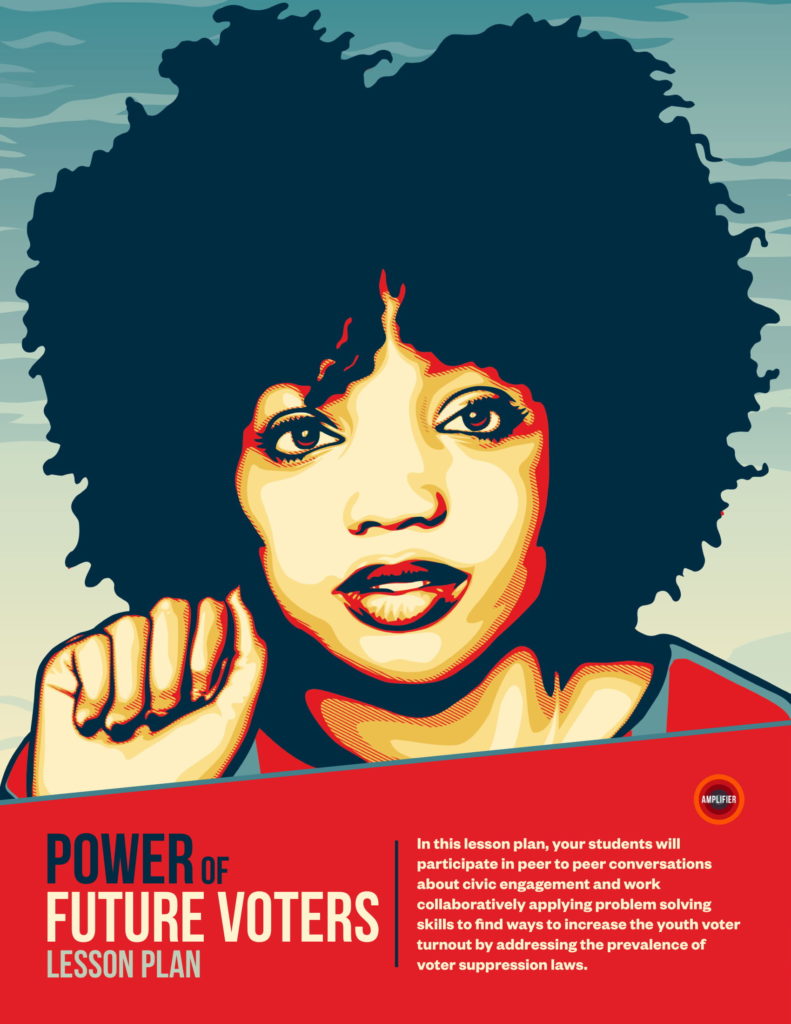
Following are just some of the learning activities used by Lesley Ellis School staff to help students of all age groups learn more about and become engaged in the 2020 local, regional and national election processes.
Kindergarten
The young students in kindergarten teacher Patricia Lewis’s class brought up the election even before she began teaching them about the electoral process with the magazine Time for Kids during the last week in October.
Also, as part of their Question of the Day, the students plan to take a vote on a topic of interest on November 3rd. In all of her lessons, Patricia has emphasized the importance of voting to be heard.
First and Second Graders
The students in classes taught by first grade teacher Barbara Quoos and second grade teacher Denise Cadieros have been learning about the 2020 presidential election. The six- and seven-year-olds have also been working on a cross-curricula project to better understand the election process and why it is important to vote. The students have asked other classes to participate in their project by casting a “mail-in ballot” for their favorite storybook characters.
First and second grade teacher Maija Alksnitis has used a variety of age-appropriate picture book read-alouds as springboards to help her students understand that “people vote to choose community leaders who they trust to make good decisions for everybody.” They’ve been learning also who can run for president and who has been allowed to vote during our country’s history.
Students explored the campaign process by trying to convince each other to vote for a favorite fruit. This has helped them understand the importance of getting enough information about an issue before making a choice.
Fifth and Six Grade Classes
The students in classes taught by fifth grade teachers Sara West and Robyn Virball have been studying the importance of voting, learning about the role and function of government, and discussing the prevalence of voter suppression tactics using the Power of Future Voters lesson plan. Students have also been encouraged to use their problem-solving skills to address voter suppression laws that seek to limit the civic engagement of youth voters.
Sixth grade teachers Sue Smith and Max Utter also have also used this curriculum to encourage students to “engage in dialogue about how elections greatly impact their lives on a daily basis.”
Middle School
Robert Smithney has worked with 7th and 8th graders to cover the election as part of their history curriculum. After completing a unit on the Bill of Rights, students are spending the rest of the year learning about advocating for those civil liberties and when in history they have been taken away (Nazi Germany, black and women’s voting in the United States, etc).
Students have studied the electoral college and explored gerrymandering, looking at what is fair and who determines what fair is in today’s politics. While the middle schoolers did not delve into “where each presidential candidate stands on the issues,” they have been looking into the poll numbers for the November election and what some of the possible outcomes may be.
Library Classes
Lesley Ellis librarian Margaret Muirhead visited the independent school’s sixth-grade history classes during October to help the students better appreciate the importance of the100th anniversary of the 19th Amendment. Employing the innovative tool WebQuest, Margaret created a project to help students learn about changemakers who have been overlooked for their important contributions in the fight to vote. Women of color like Ida B. Wells, Mary Church Terrell and Mabel Ping-Hua Lee had a vital role in organizing, marching and making women’s suffrage happen.
Also in Library class, elementary students have been talking about the history of voting rights. They have been investigating who has been able to vote and who has been barred from voting – in the past as well as what is happening today. They’ve read picture books like Sofia Valdez, Future Prez by Andrea Beaty, Equality’s Call: The History of Voting Rights in America by Deborah Diesen, Vote for Our Future by Margaret McNamara, and Finish the Fight: The Brave and Revolutionary Women Who Fought for the Right to Vote by Veronica Chambers.
